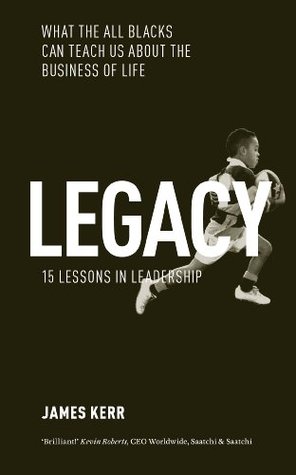More on this book
Community
Kindle Notes & Highlights
Vision without action is a dream. Action without vision is a nightmare. ‘The paradox,’ he says, ‘is that, though every organization thinks they have unique problems, many change issues are centred on one thing. The ability – or inability – to convert vision into action. Sometimes it is through a lack of a vision itself. More often through the inability to translate vision into simple, ordinary, everyday actions.’ Actions like senior leaders who sweep the floor.
Excellence is a process of evolution, of cumulative learning, of incremental improvement.
‘Just because it’s common sense,’ he says of the process, ‘doesn’t mean it’s common practice.’
No one is bigger than the team and individual brilliance does not automatically lead to outstanding results. One selfish mindset will infect a collective culture.
‘Practise with intensity to develop the mindset to win,’ the All Blacks say. It’s a methodology called ‘Train to Win’ and Graham Henry describes it as one of the key strategic pillars that propelled his team to World Cup victory.
When Wayne Smith joined the Chiefs after the All Blacks, he helped mastermind a linguistic revolution in the team. ‘We started establishing a vocabulary, a mindset and an attitude,’ he says, and Māoritanga – Māori culture – became part of the common language. Attack became paoa, meaning ‘to strike’, and defence became tainui, or ‘surging tide’.
‘Example is not the main thing in influencing others,’ said the philosopher Albert Schweitzer. ‘It is the only thing.’
Character rises out of our values, our purpose, the standards we set ourselves, our sacrifice and commitment, and the decisions we make under pressure, but it is primarily defined by the contribution we make, the responsibility we take, the leadership we show.


